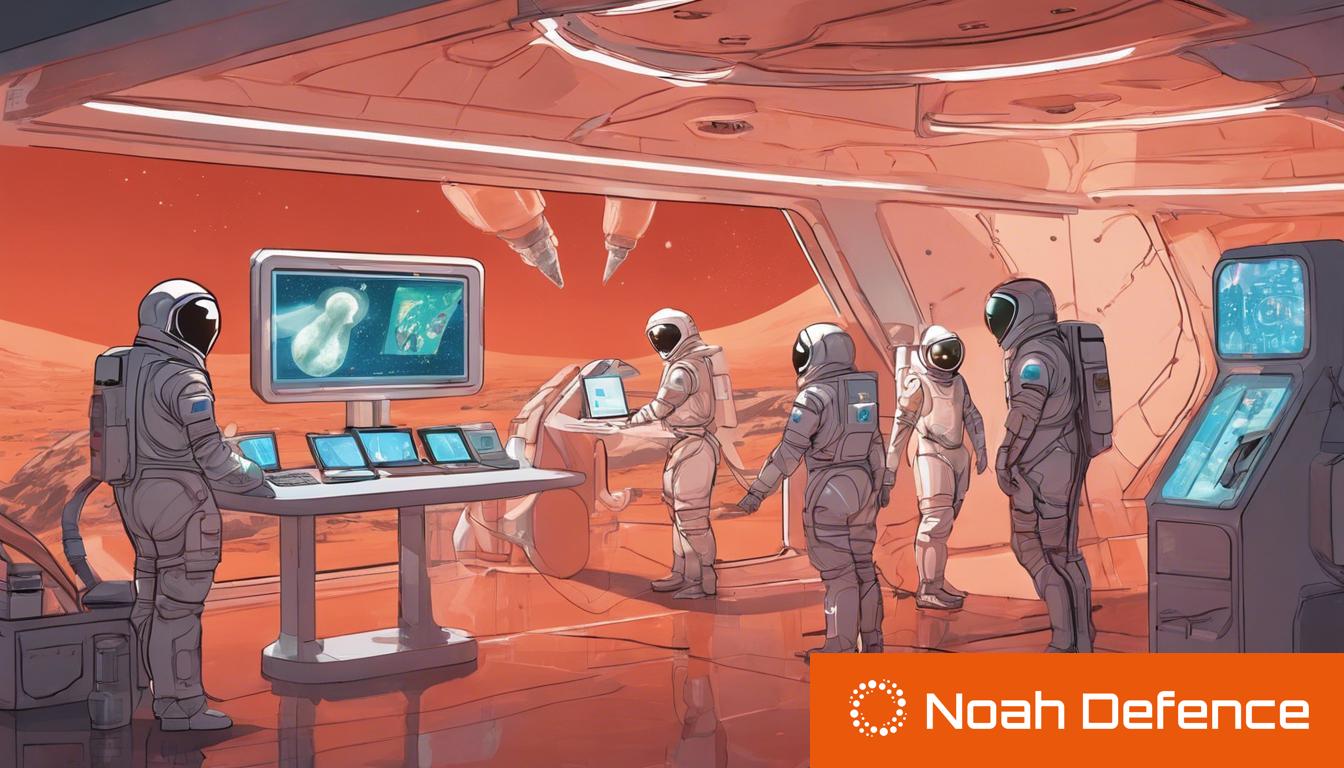The UK’s Trident nuclear missile program reports a second test failure, raising concerns over the reliability of the nation’s nuclear deterrent amid ongoing technical challenges.
The UK’s Trident nuclear missile program recently experienced its second consecutive test failure, reported on a recent episode of the Tech & Science Daily podcast. The Ministry of Defence attributed the malfunction to an “anomaly” but did not provide further details. This incident marks a series of setbacks for the program, with a prior unsuccessful test launch occurring in 2016 and another failed attempt just last month, raising questions about the reliability of the country’s nuclear deterrent.
In a separate development, the University of East London has announced a significant breakthrough in biomedical research. A team led by Dr. Prashant Ruchaya has successfully created heart tissue from stem cells, opening new avenues for treating cardiovascular diseases. This innovative approach could revolutionize the way heart conditions are managed in the future.
On the international front, NASA is initiating a Mars simulation project and is calling for US volunteers to participate in a year-long mission designed to assess crew health and performance in a simulated Martian environment. This initiative is part of the space agency’s broader efforts to prepare for future manned missions to the Red Planet.
In other news, the wife of Julian Assange recently made a public statement outside the Royal Court of Justice, bringing attention to his ongoing extradition case. Additionally, entrepreneur Elon Musk provided updates on Neuralink’s progress, sharing that the first human with a brain-chip implant can now control a computer mouse with their thoughts, marking a significant milestone in the development of brain-computer interface technology. Musk envisions this technology could eventually treat a wide range of conditions from obesity to depression.
Furthermore, a recent study suggests that exposure to red light might reduce blood glucose levels, presenting a potential non-invasive treatment option for diabetes management.
For more detailed coverage on these and other tech and science developments, listeners are encouraged to tune into the Tech & Science Daily podcast.













